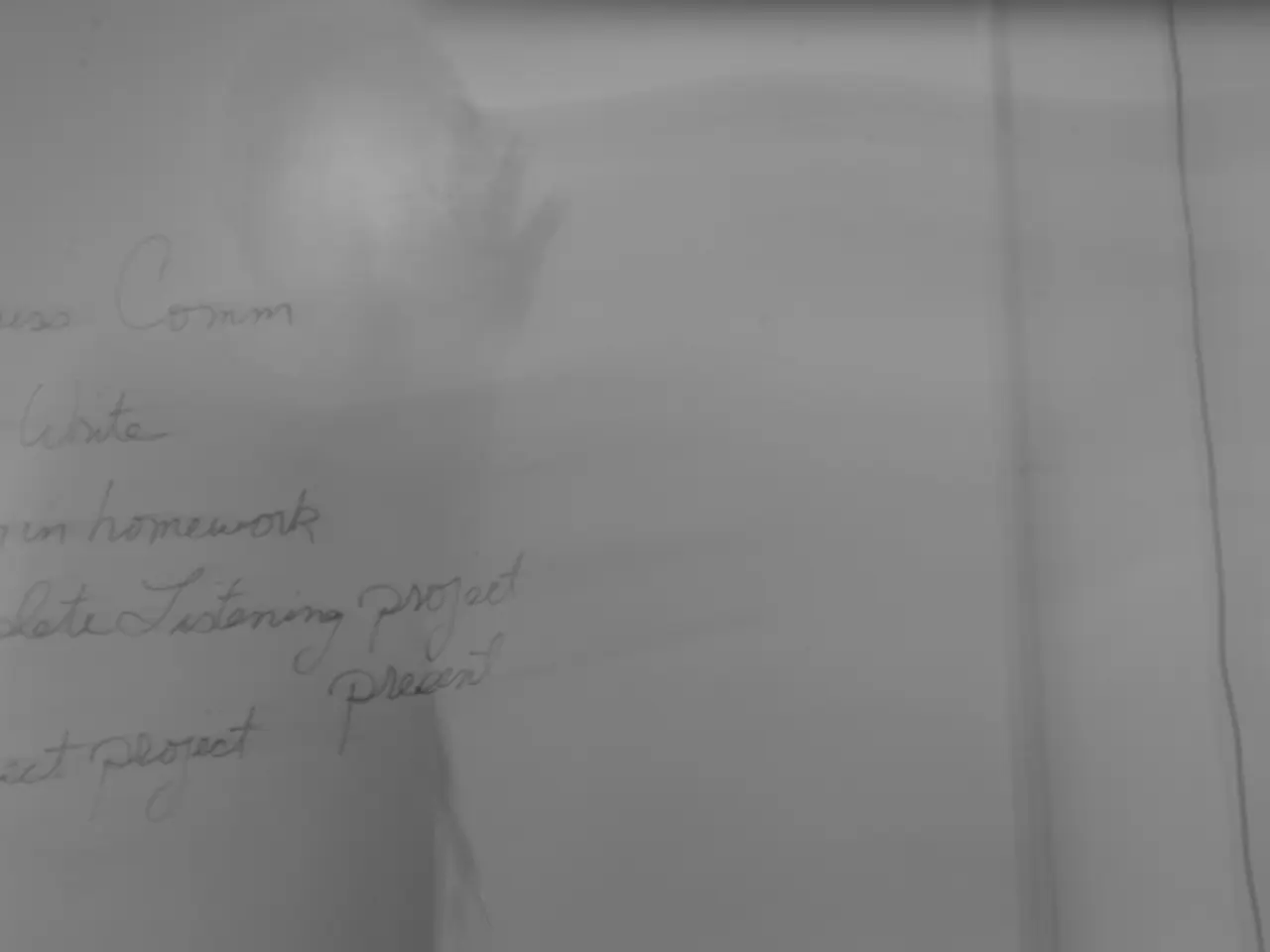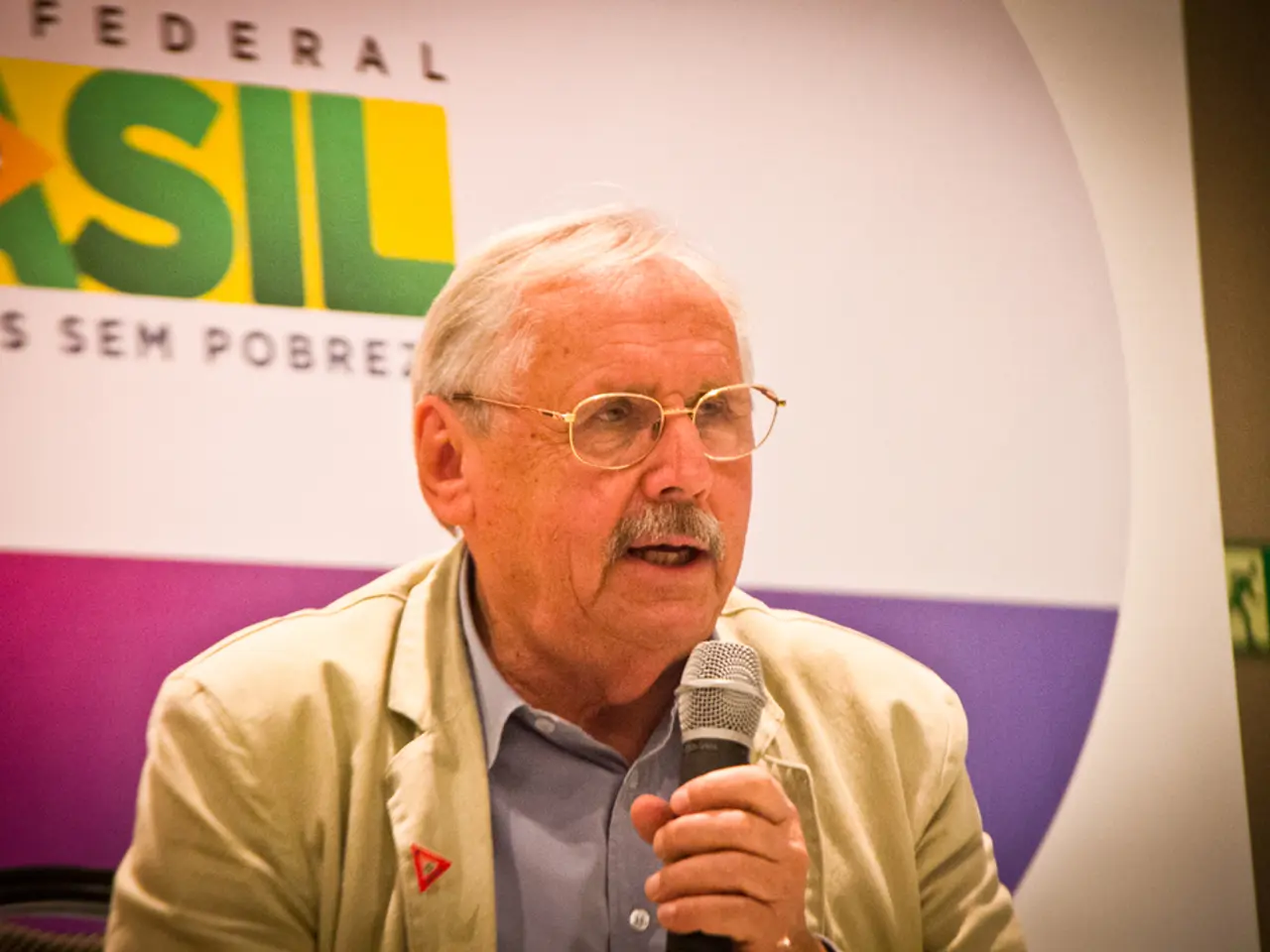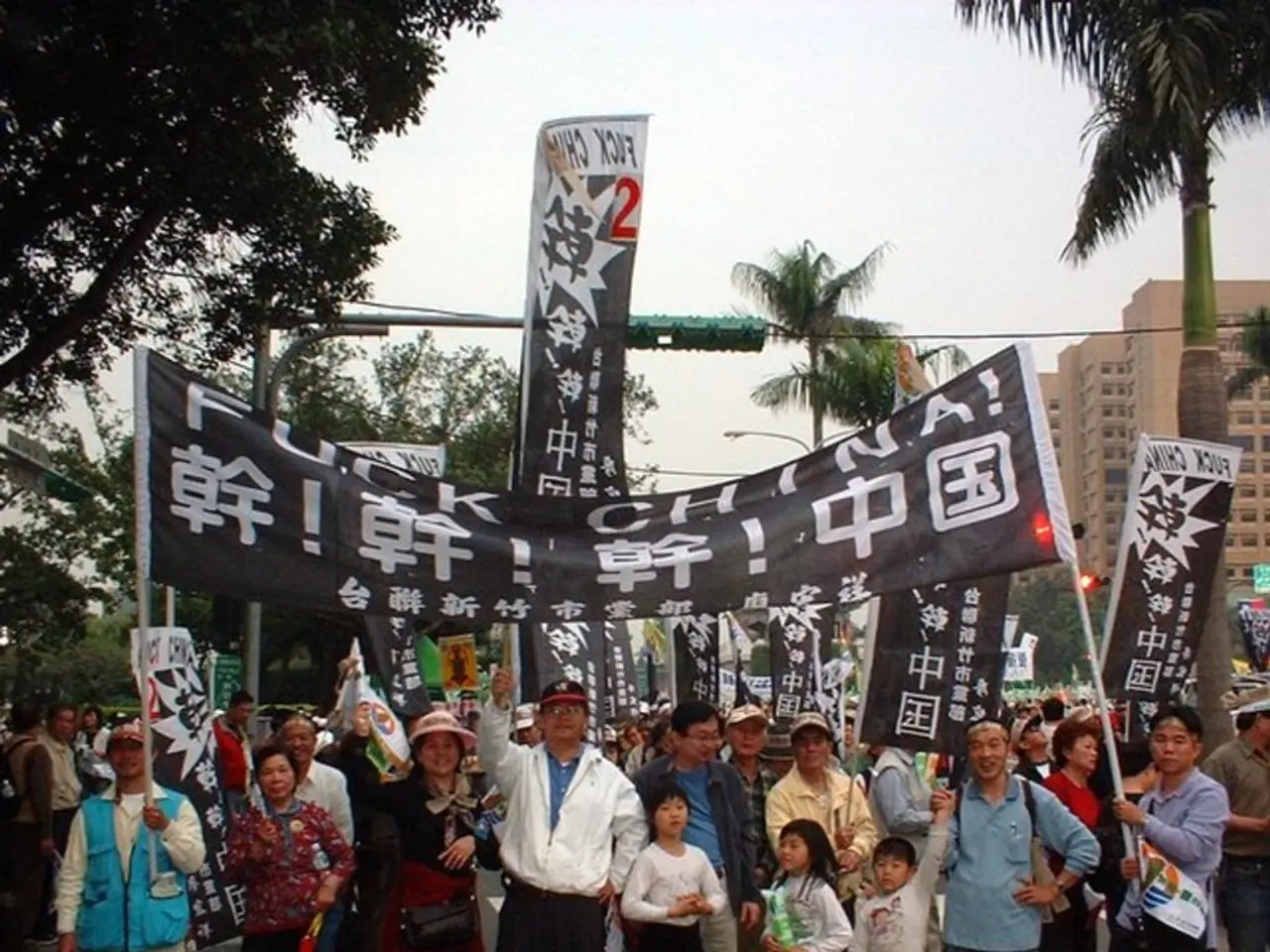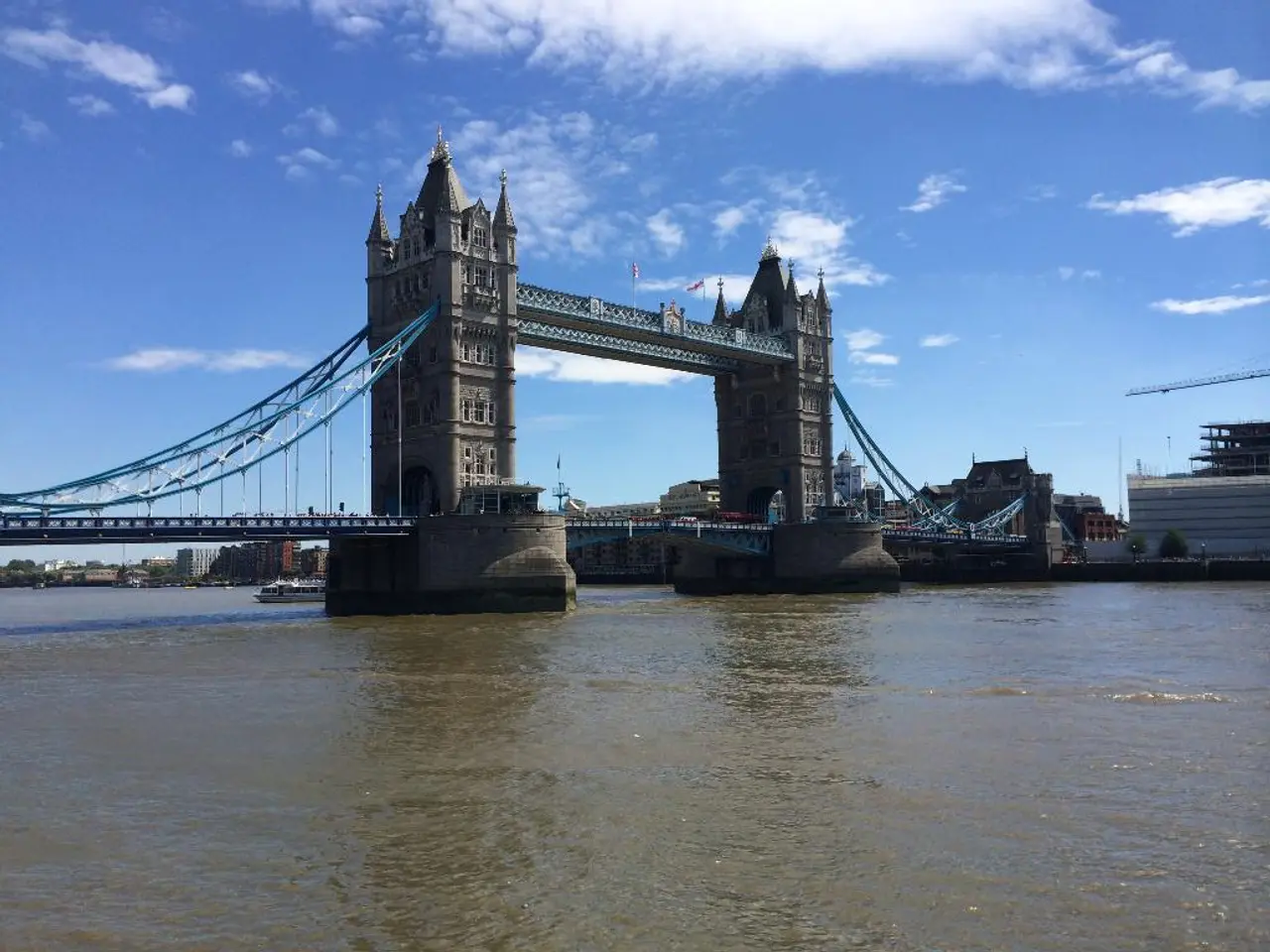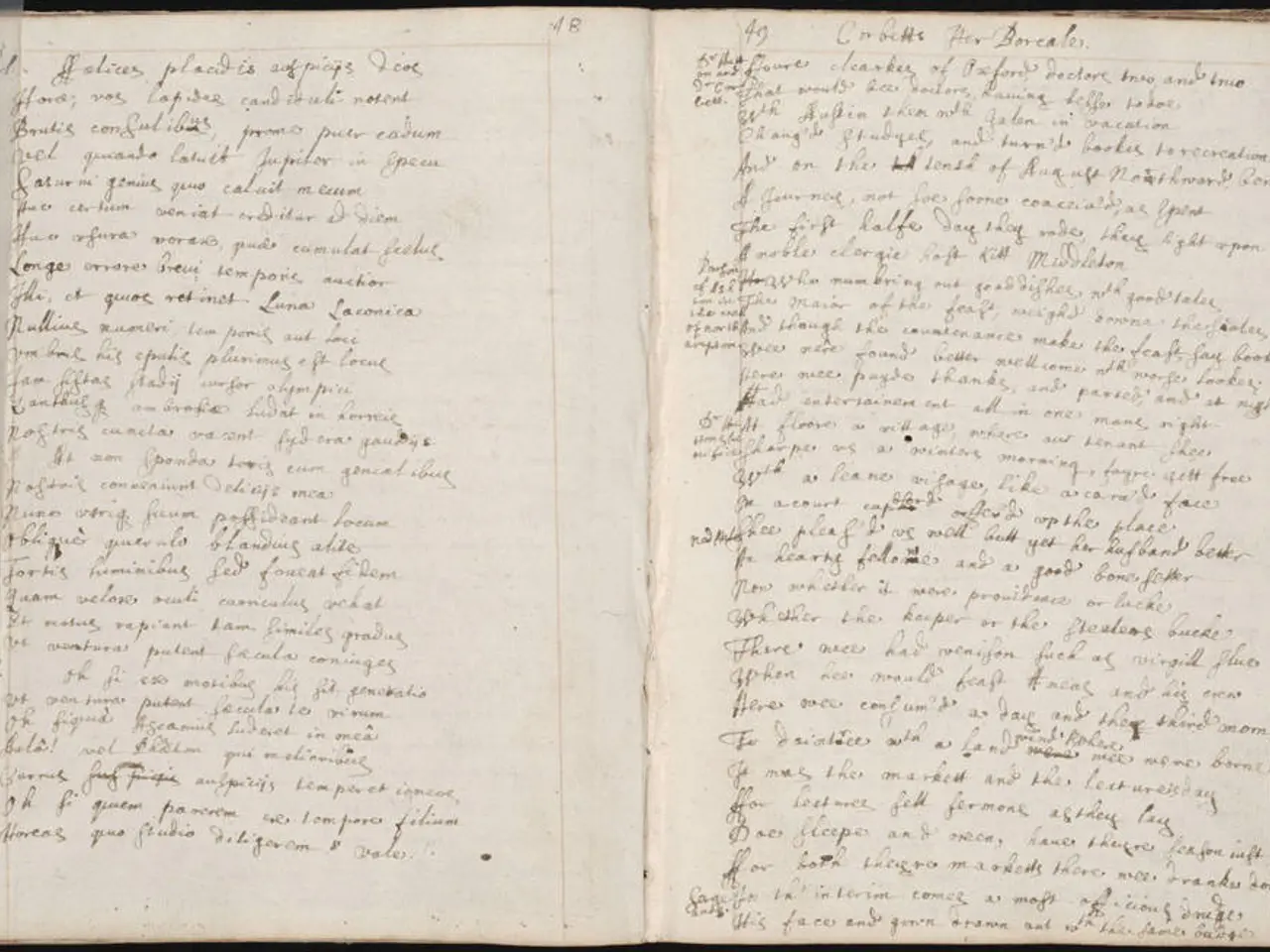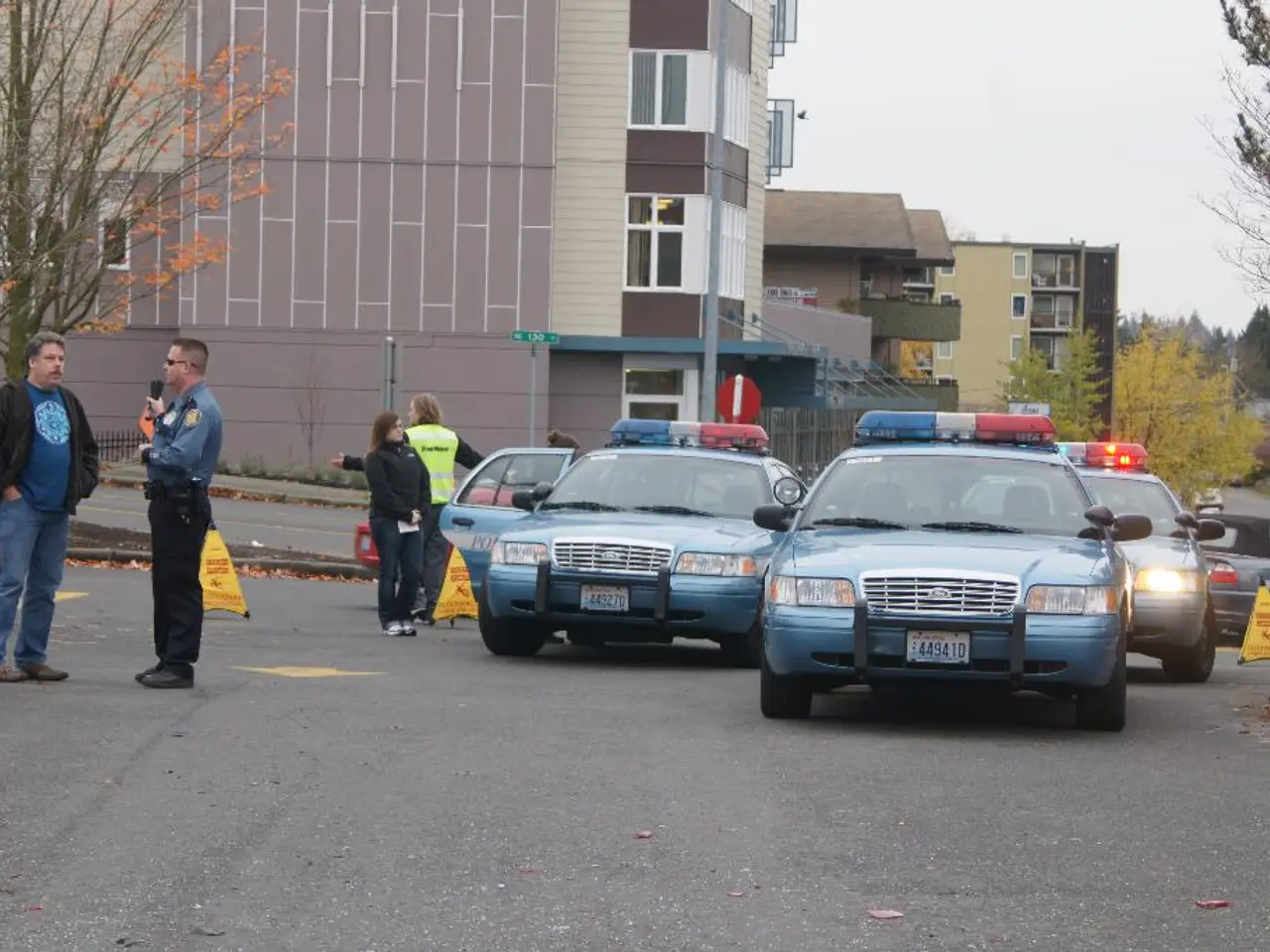Turkey embarks on a new chapter as Erdogan announces the surrender of PKK's weapons, indicating a possible change in the Turkish conflict. - Turkey's leader Erdogan deems the disarmament of the PKK as a fresh chapter for the country
In recent developments, the ongoing peace process between Turkey and the Kurdistan Workers' Party (PKK) has seen the PKK announcing its dissolution and initiating a symbolic disarmament process. This move has sparked discussions and proposals for reforms and amnesty measures aimed at resolving the long-standing Kurdish conflict in Turkey.
## Key Reforms and Amnesty Measures
The Turkish Parliament is expected to form a new commission to provide a legal framework for the disarmament and reintegration process. This legislation is likely to focus on reintegrating former members of the PKK who have not committed crimes beyond joining the organization. The process will include both individuals within Turkey and those abroad, aiming to support their return to civilian life.
There are also proposals to adjust the Penal Execution Law, which could result in sentence reductions or early release provisions for detainees convicted on terrorism-related charges, depending on new political agreements.
Discussions are ongoing about the potential release of political prisoners, including prominent DEM Party figures such as Selahattin Demirtas and Figen Yuksekdag, although it remains uncertain if their release will be formally tied to the disarmament process. PKK commanders have explicitly stated that the release of Abdullah Öcalan, the founder of the PKK who has been in prison since 1999, is a primary condition for the disarmament process to proceed successfully. However, the Turkish government has not committed to this demand.
Renewed debate over constitutional reform is anticipated, possibly including changes to the legal definition of citizenship and deeper political restructuring affecting alliances, electoral rules, and ideological configurations. Kurdish political actors, including the PKK and DEM Party, have called for legal and democratic reforms that recognize Kurdish cultural rights and identity, and allow for greater political participation and local governance. However, these remain unmet conditions as of now.
## Current State of Government Commitments
President Recep Tayyip Erdogan and the Turkish government have made clear that disarmament is a prerequisite before any discussion of Kurdish rights or reforms. Erdogan has emphasized that the PKK must disarm unconditionally, and has warned that military operations will resume if the process stalls. While the PKK has begun symbolic disarmament, the Turkish government has not provided formal legal guarantees or clear commitments to Kurdish demands such as democratic reforms or Öcalan’s release.
## Summary Table
| Reform/Amnesty Measure | Proposed/Discussed | Status/Notes | |---------------------------------------|--------------------|---------------------------------------------------| | Legal framework for reintegration | Yes | Expected legislation; amnesty for non-felony cases| | Penal Execution Law adjustments | Yes | Possible sentence reductions/early release | | Release of high-profile prisoners | Under discussion | Unclear if linked to disarmament | | Release of Abdullah Öcalan | Demanded by PKK | No government commitment | | Constitutional/citizenship reform | Expected | May include symbolic or deep changes | | Recognition of Kurdish rights/identity| Demanded by PKK | Not formally addressed by government |
As the peace process unfolds, it remains to be seen how these proposed reforms and amnesty measures will impact the Kurdish conflict in Turkey and whether they will address the long-standing demands of Kurdish political actors.
- The Turkish Parliament's upcoming commission will likely focus on creating a legal framework for the disarmament and reintegration of former PKK members, with an emphasis on supporting their return to civilian life; these measures are intended to address the ongoing war-and-conflicts in Turkey, a topic of general-news.
- Proposed adjustments to the Penal Execution Law may lead to sentence reductions or early release for detainees convicted on terrorism-related charges, which could potentially resolve some political issues and contribute to a more peaceful future in Turkey.

